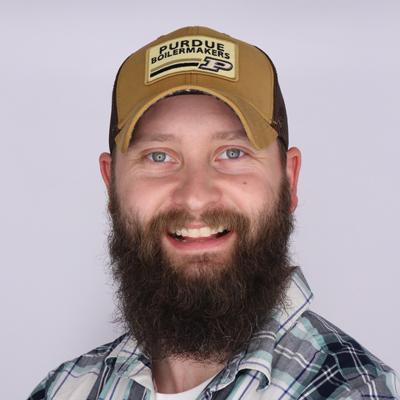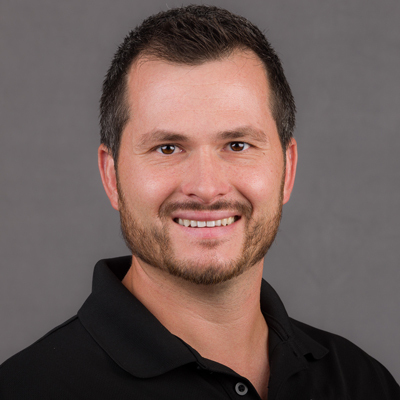Latest Developments in Site-specific Weed Management
This session will describe what site-specific weed management is and ways to implement it with or without the addition of advanced technologies. In addition, some of the latest technologies in the pipeline will be discussed to provide a glimpse at the future of weed management across cropping systems. This section will also highlight practical applications of targeted application systems for reducing herbicide antagonism and crop injury.
Speakers

Thomas "Tommy" Butts
Dr. Tommy Butts is a Clinical Assistant Professor, Extension Weed Scientist focused in Site-Specific Weed Management. He previously was an Associate Professor, Extension Weed Scientist with the University of Arkansas System Division of Agriculture from 2018-2024. Tommy originally hails from southern Wisconsin where he grew up working on and around small dairy farms. He completed his Bachelor of Science in Agri-Business at the University of Wisconsin-Platteville, Master of Science in Agronomy-Weed Science at the University of Wisconsin-Madison, and Ph.D. in Agronomy-Weed Science from the University of Nebraska-Lincoln. Tommy’s research, teaching, and Extension efforts focus on identifying and providing recommendations for novel, applied weed management strategies including the use of precision agriculture, application technologies, and digital data in a site-specific approach. Further emphasis is placed on increasing herbicide application knowledge, safety, and effectiveness, while reducing off-target movement, both from ground-based and aerial (manned and remotely piloted) applications. His overall goal is to generate research-supported, effective weed management tools and educational materials to be used by farmers and in the classroom to battle complex weed problems. Tommy is also supported by his wife, Liberty, and three little kiddos, Brooker (5), Brinley (4), and Bennett (1).

Marcelo Zimmer
Marcelo Zimmer is originally from a small family farm in southern Brazil and received his Bachelor’s degree in Agronomy in 2014 from the Federal University of Pelotas (Brazil). In 2015, Marcelo joined the Purdue Weed Science Lab as a Master's student under the supervision of Dr. Bill Johnson, where he researched the management of glyphosate-resistant horseweed utilizing halauxifen-methyl. Currently, Marcelo works as a Weed Science Program Specialist while pursuing a Ph.D. degree in Weed Science. His research investigates the basis for the antagonism of synthetic auxins (2,4-D and dicamba) on the control of volunteer corn using ACCase-inhibiting herbicides (clethodim and quizalofop). His research also addresses the use of targeted herbicide application technologies (See and Spray Ultimate) to resolve herbicide antagonism issues and reduce crop injury in soybeans.

